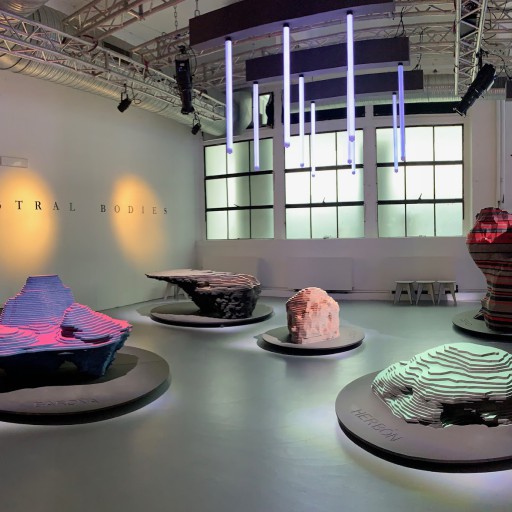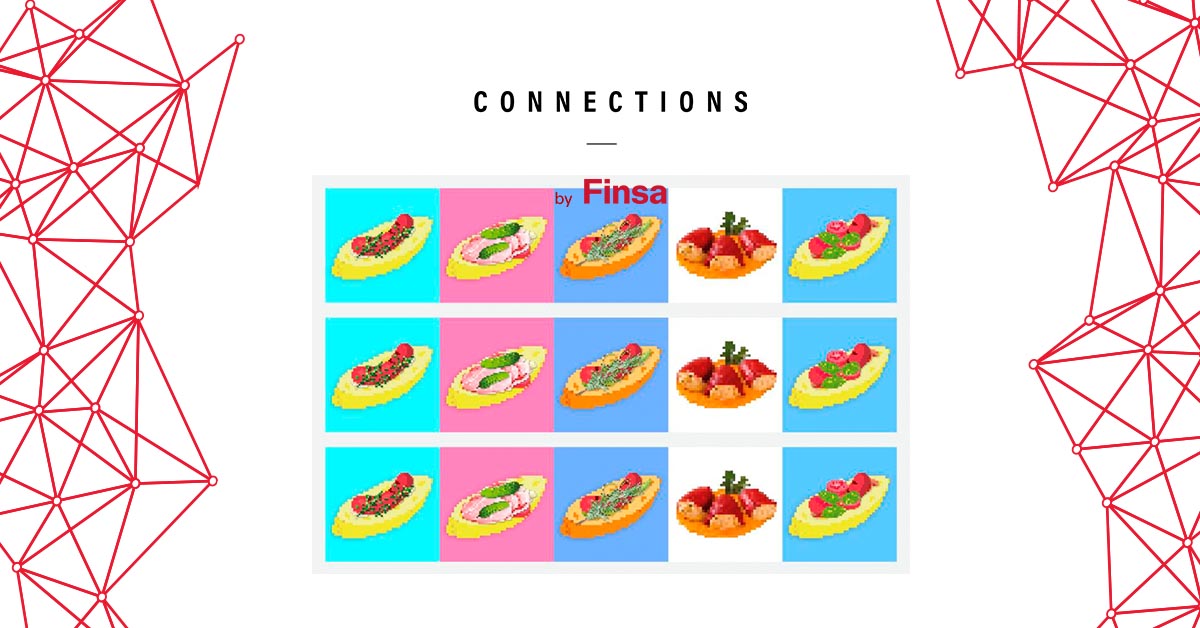Visiting a retail space is not limited to the mere acquisition of products; it often represents a way to break the routine, stop everything for a few hours, and immerse ourselves in a different universe. Brands are very aware of this and are increasingly offering us more heterogeneous and immersive options, comfort or entertainment areas that enrich the experience. At a time when we like to surprise with our discoveries on social media, this also seems like a smart marketing strategy. We show you three brands that have transformed their stores to expand our experiences.
Zara Café in Dubai: Have a drink while you decide which sweater to buy
Although Zara had already had a pop-up café project, like the one located in its Plaza de España (Madrid) store, this is the first time that this service is offered on a permanent basis to its customers. In the Mall of the Emirates, Zara Café includes a wide variety of drinks and sweets, where it will even be possible to taste the company logo turned into chocolate.
Brands have understood that if they extend their offer beyond the tangible, the reach of their image will be much greater. Their name is thus associated with other types of experiences that reinforce their identity.
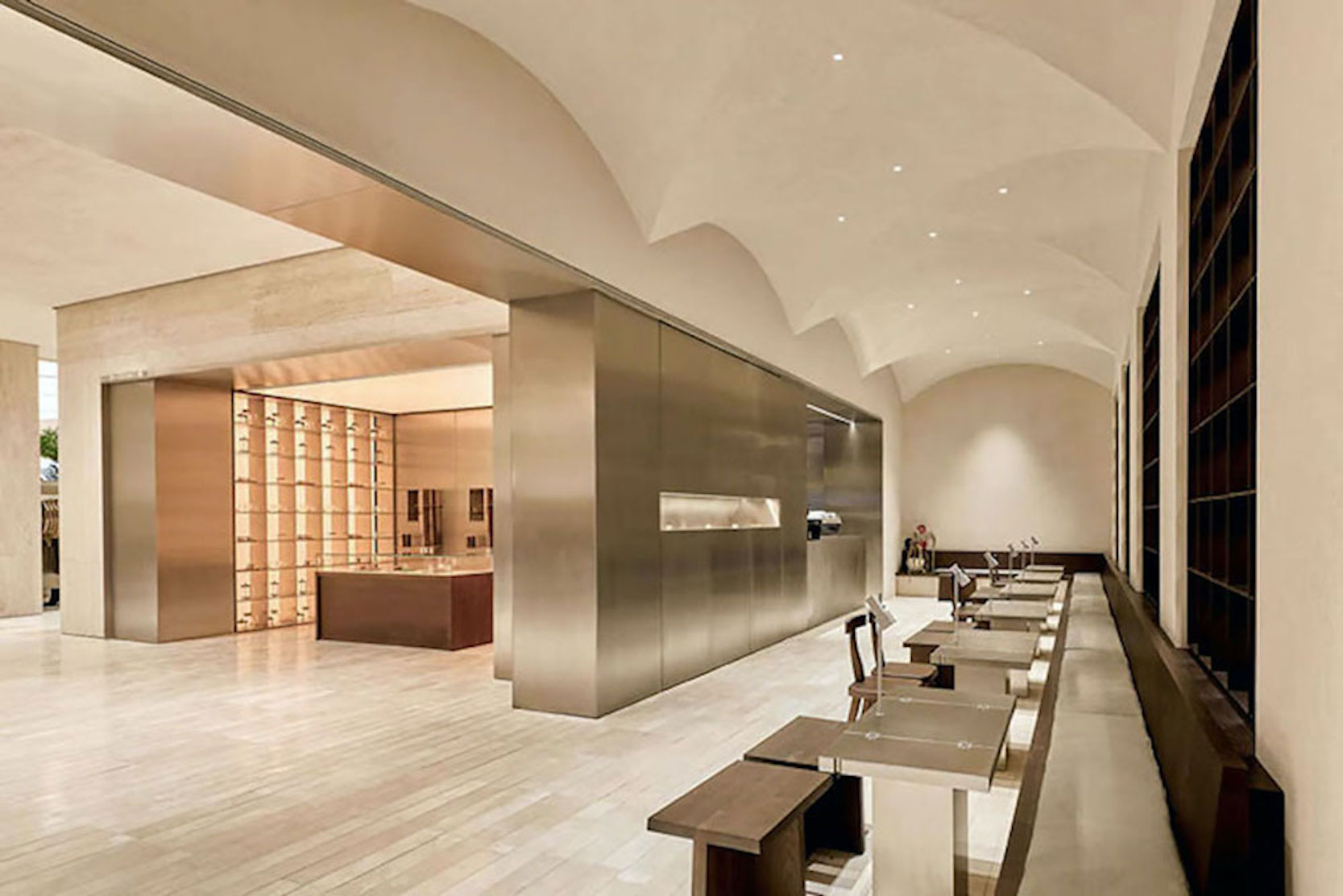
Fendi and its Marbella Beach Club: extended sophistication
The prestigious Fendi brand took advantage of the opening of a three-story center in Puerto Banús (Marbella) during 2023 and started a collaboration with the Puente Romano Beach Resort to create the Fendi Beach Club. All the decoration was done with products from the Italian house, including table linens, crockery, cushions, even customizing the resort’s sailboats. An ephemeral boutique was also opened where it was possible to find the Astrology collection, designed exclusively for that summer season, as well as iconic pieces from the brand.
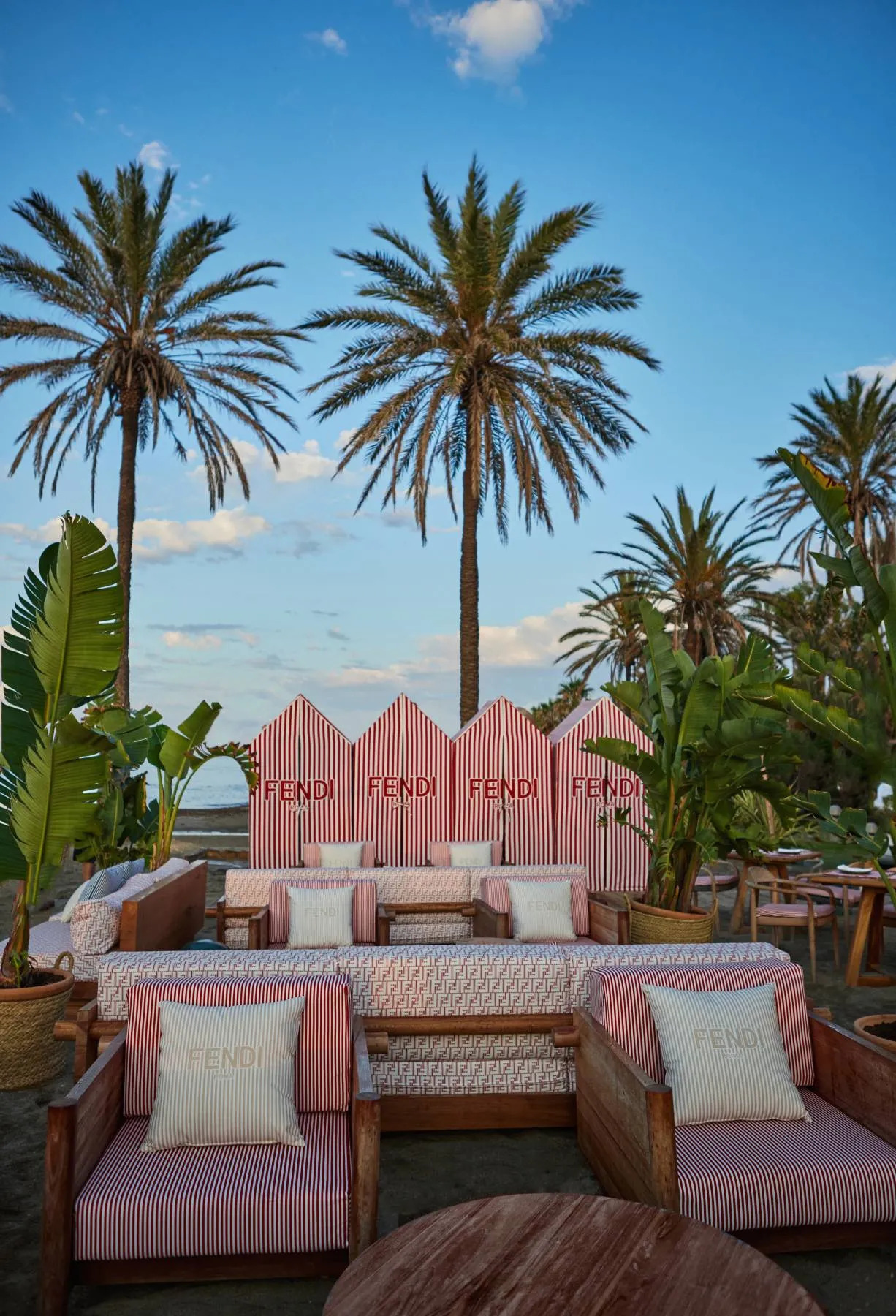
House of Vans: wearing new sneakers without leaving the store
These experiences are part of what is called retailtainment, the result of the combination of retail and entertainment. And if there is a good example of companies where sales and entertainment have been mixed, it was undoubtedly House of Vans, in London. For eight years, a skateboarding track for customers, a cinema, bars, and an art gallery turned this place into a multidisciplinary space: a meeting point and cultural exchange, far beyond the famous sneakers.
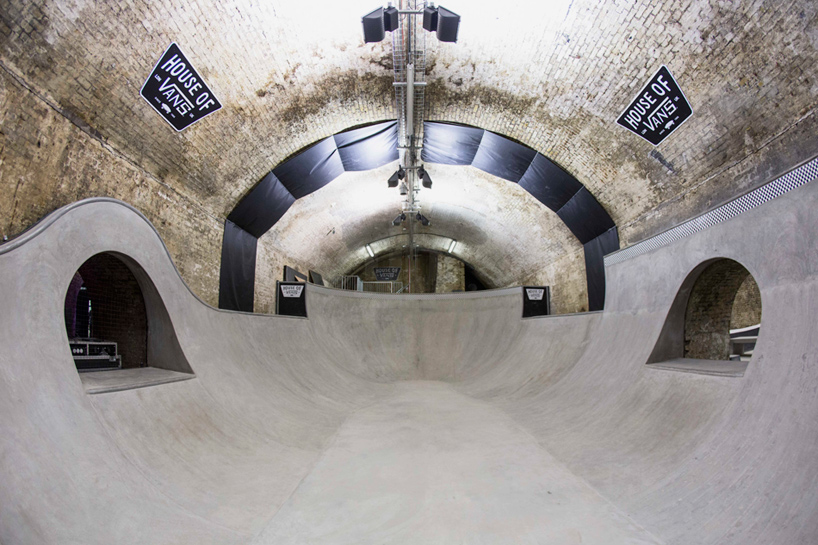
These examples offer us new consumption models where the quality of the product is as important as the emotional experience when acquiring or using them. Shopping and leisure, united in these spaces, combine better than ever and multiply the identity and recognition of these projects.


